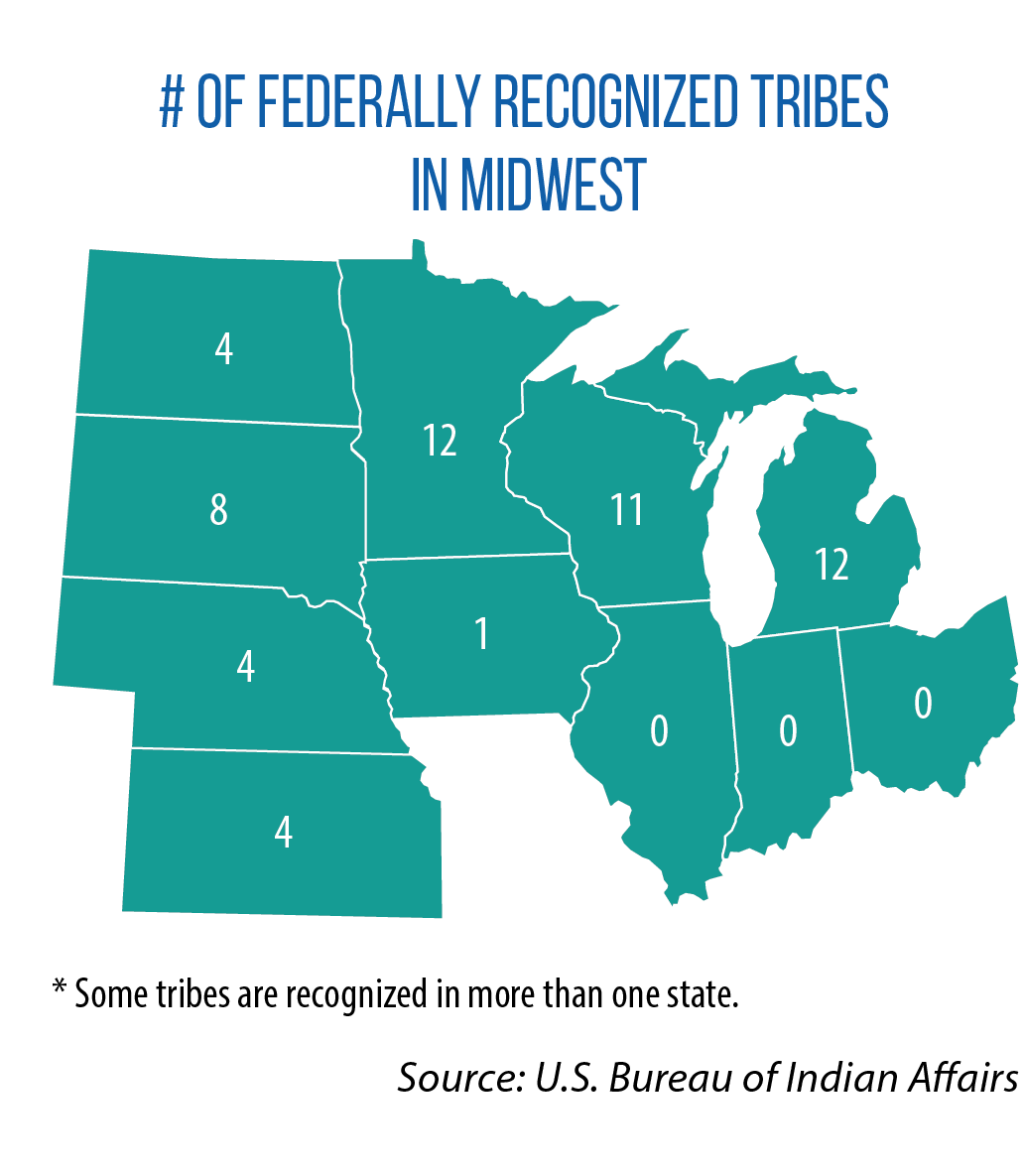With possible end to decades-old federal law, Minnesota revamps its Indian Family Preservation Act
Minnesota Gov. Tim Walz in March signed a bill enshrining language of the U.S. Indian Child Welfare Act (ICWA) in state law, months ahead of a U.S. Supreme Court ruling that could undo the federal statute that governs when, and under what circumstances, Native American children can be fostered or adopted by non-tribal parents. SF 667 sailed through the Legislature with just one “no” vote in the Senate.
The new law’s goal is to ensure tenets of the ICWA remain in place in Minnesota if the federal law gets struck down. It does so through the addition and clarification of various language in the state’s existing Indian Family Preservation Act, says Minnesota Sen. Mary Kunesh, an enrolled member of the Standing Rock Lakota and chief sponsor of SF 667.
Minnesota’s Indian Family Preservation Act was enacted in 1985 to expand upon and strengthen various provisions of the ICWA. In the Midwest, Iowa, Michigan, Nebraska and Wisconsin also have comprehensive statutes that build on the federal law.
The ICWA recognizes tribal jurisdiction over foster care and adoption cases involving the children of enrolled tribal members. It establishes minimum federal standards for the removal of Native American children from their families, as well as preferences for the placement of children with extended family or other tribal families. It also institutes protections to ensure that birth parents’ voluntary relinquishments of their children are truly voluntary.
But a case before the U.S. Supreme Court, Brackeen v. Haaland, could overturn the ICWA. Plaintiffs in the case include the state of Texas and non-Native couples who tried to foster or adopt children with Native American ancestry, according to SCOTUSBlog, which provides independent analyses of cases before the court. The plaintiffs say child placement is the responsibility of states and that the federal law is racially discriminatory. Proponents of upholding the law say tribal membership is a political, not racial, category.
A ruling is expected to be handed down before the current term ends in June.